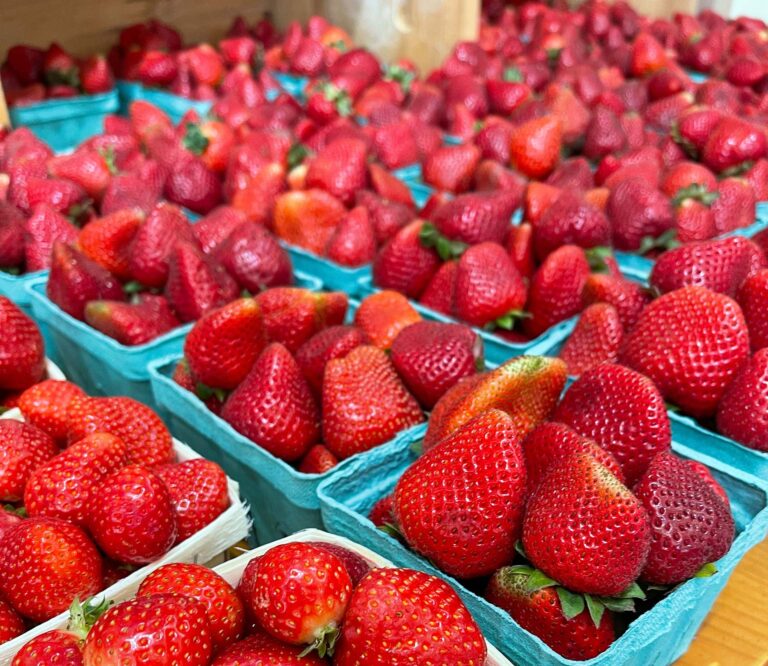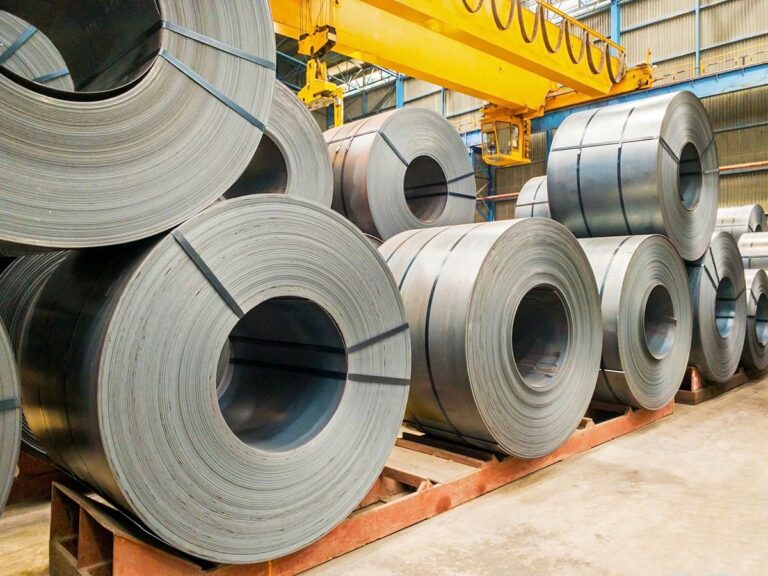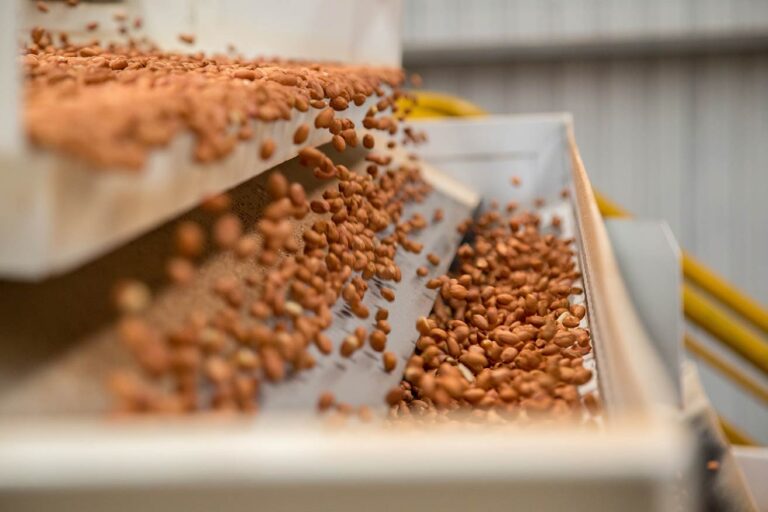The US will help restore Russia’s access to the world market for agricultural and fertilizer exports, the White House stated today. This was one of the main take-home points for agriculture in the discussions between US President Donald Trump and Russian President Vladimir Putin, taking place in Riyadh, Saudi Arabia, this week. The US will also help Russia in its objective to obtain lower maritime insurance costs, as well as better access to ports and payment systems for transactions. The US also said it has reached separate agreements with Ukraine and Russia to ensure safe navigation in the Black Sea and to implement a ban on attacks by the two countries on each other’s energy facilities. The maritime ceasefire under discussion would succeed the earlier Black Sea deal that had allowed Ukraine to safely export grain despite the war. Russia withdrew from the deal in 2023, saying its own food and fertilizer exports faced serious issues because of Western sanctions affecting payments, logistics and insurance. Such a shift could have far-reaching implications, particularly for the sunflower oil and grain markets.
Sunflower Oil
According to Kyle Holland, Senior Oilseeds Market Reporter at Expana, many oilseed traders have expressed their astonishment, interpreting this move as an indication that the US might be aiming to address Russia’s current exclusion from certain key markets—most notably the European Union (EU), which remains one of the few regions that still imposes strict trade bans on Russian agricultural products.
Holland said: “With Russia being one of the two main players in sunflower complex, the potential re-entry of Russian exports into global markets would dramatically increase supply, far exceeding many market forecasts and changing supply and demand balance sheets entirely according to initial expectations from industry insiders.” This could cause considerable volatility in pricing and supply chains with a potential bearish impact due to these renewed supply lines according to market players.
However, several sources told Expana that the chances of the EU lifting its ban on Russian goods were slim, with one source dismissing the idea entirely as “wishful thinking.” Some went further, suggesting that the US proposal was simply “talk” without any real action behind it.
There are some sources who view the situation from a different perspective, as a potential ceasefire could pave the way for the reopening of deals, allowing both Russia and Ukraine to smoothly re-enter global markets and meet the world’s growing demand for their key agricultural exports. “In this scenario, the US might offer some relaxation of sanctions, providing much-needed relief for global commodity supply chains, particularly those dependent on Ukrainian and Russian exports. This could signal a significant shift in the market, potentially stabilizing global agricultural trade and helping to alleviate supply shortages that have, according to these sources, plagued the sector,” Holland said.
Grains
In the view of Benoit Fayaud, Senior manager – Grain market analysis at Stratégie Grains by Expana, it is unlikely that the agreements reached between the US and Russia on the one hand and between the US and Ukraine on the other will profoundly change the fundamentals of the grain markets for the current 2024/25 and upcoming (2025/26) marketing years.
“This agreement could of course increase the competitiveness of cereals from Russia and Ukraine thanks to lower logistical costs. Nevertheless, cereals from these origins were already very competitive in the previous campaign (2023/24), which saw a record level of Russian wheat exports (53.2 mt). For the 2024/25 campaign, it is more the lack of availability of cereals in Ukraine and Russia (due to declining supply), and the export quotas imposed by the Russian government that are limiting flows,” he said.
Furthermore, the EU, which imposes customs duties on Russian grain imports, has never been a major importer of Russian grains, unlike oilseeds and oil meals, he added.
“A broader and lasting appeasement of the conflict could, on the other hand, have beneficial effects on the sown areas in Ukraine, but its effects would not be perceptible before the 2026 harvest. Lower economic sanctions in Russia could also improve the situation of Russian farms in the long term,” Fayaud went on to comment.
Authored by:
Simon Duke, Kyle Holland, and Benoit Fayaud
Expana
[email protected]



